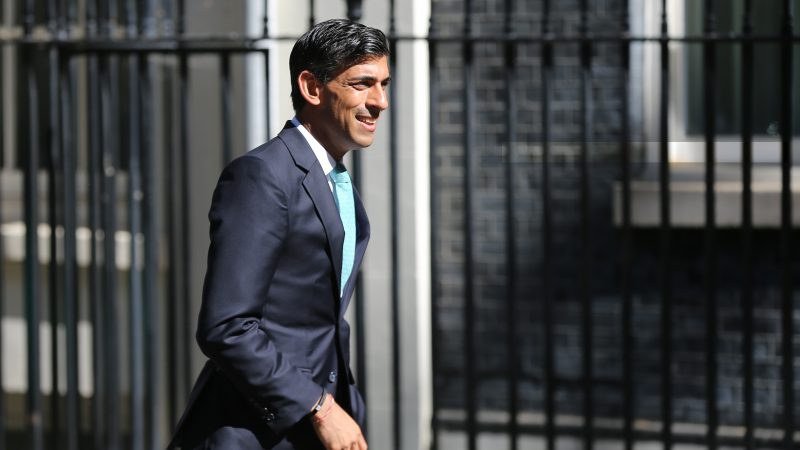
Labour has won the City of Chester by-election, retaining the seat with an increased majority of 10,974. The party’s candidate Sam Dixon – a local councillor and former council leader – took 61.2% of the vote, Labour’s best ever result in the seat and an 11.6-point increase on 2019. The Tories, by contrast, saw their vote share in the constituency fall to its lowest level since 1832. Dixon told the BBC that she thought the result was “very decisive” and “shows that voters in Chester really are fed up with the government”. On the broadcast round this morning, Shadow International Trade Secretary Nick Thomas-Symonds described the result as “resounding”, arguing that it is a “real message” to the Tories that they are in government “on borrowed time”.
The result was expected given Labour’s current lead in the national polls. But what insights can be drawn from the style of the party’s victory? Its previous majority in City of Chester was a fairly comfortable 6,164, though the seat’s electoral history is far more mixed, having returned its first ever Labour MP in 1997. When I spoke to Dixon earlier this week, she emphasised that the city is an “unusual place” that “often reflects the feeling in the country”. The Tories regained the seat in 2010 before Labour won it back in 2015 by just 93 votes. Historically at least, Chester is by no means a Labour safe seat. Add in the context behind the by-election – the resignation of the previous Labour MP Chris Matheson over “serious sexual misconduct” – and an increased majority is a strong result for Labour.
The key question political pundits are asking this morning is if the result represents a crisis for Rishi Sunak’s premiership. The by-election was the first real test of whether the new Prime Minister has succeeded in repairing his party’s reputation with the electorate. And, according to Dixon, the mood among Tory voters on the doorstep was very negative. Undoubtedly, the result is less cataclysmic than the double-whammy losses of Wakefield and Tiverton and Honiton over the summer, which blew apart the seemingly impossible electoral coalition Boris Johnson brought together at the 2019 election. And a less than 12-point increase in Labour’s vote share may seem modest to some based on current polling (a YouGov poll published on Tuesday gives the party a 23-point lead over the Tories nationally). But to oversee your party’s worst performance in a seat in nearly two centuries? That has got to sting. Sunak’s control over his party was already in doubt, with multiple rebellions emerging from his backbenches. This result will do nothing to help him.
On LabourList this morning, we have a piece from Charlotte Nichols on the need to end the “postcode lottery” in NHS-funded IVF treatment. The Labour MP writes: “Unable to afford private treatment, prospective parents will continue to face unacceptable pressures in trying to create a family. By addressing the IVF postcode lottery now, we will help to protect everyone’s right to a family in England.”
Sign up to LabourList’s morning email for everything Labour, every weekday morning.



More from LabourList
Economic stability for an uncertain world: Spring Statement 2026
‘Biggest investment programme in our history’: Welsh Labour commit to NHS revamp if successful in Senedd elections
James Frith and Sharon Hodgson promoted as government ministers